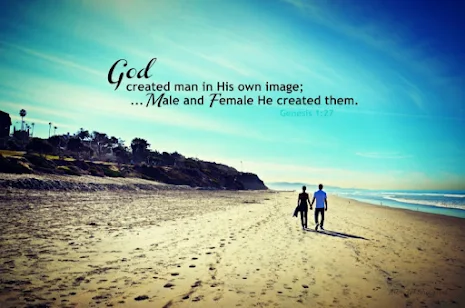
Reading the
Gospel of Mark Chapter 2, verses 1-12, one is compelled to ask: why did people often
gather around Jesus, eager to listen to Him? What was it about Jesus that drew
so many to Him? Mark writes: “Many gathered together so that there was no
room for them, not even around the door. And he (Jesus) preached the Word to
them.”
Undoubtedly,
Jesus spoke in a manner that was not only captivating but also life-giving. The
Gospel often states “He spoke with authority and not like their Scribes”.
Jesus offered a new perspective on the law, and emphasized the importance of
Love, compassion and forgiveness over strict adherence to rituals and rules. He
was against formalism and outward religious rituals that failed to transform
people’s life. People gathered around Jesus because He matches his words with
actions; he was coherent, with no contradiction between what He preaches and
what he did. He was authentic and trustworthy.
As Jesus was
teaching, four men brought a paralyzed man to him, but could not gain access to him due to the crowd. They could have
been discouraged; but this was not the case. Instead, they creatively found a
way to lower the paralytic through the roof. And thus, he was brought close to
Jesus.
Mark notes that Jesus saw their faith and said to the paralytic, “Child, your sins are forgiven!” This
Gospel illustrates that in our journey to encounter Jesus, we will surely face
obstacles sometimes. It is during such moments that we should seek to develop a more creative faith. As Christians,
this Gospel challenges us and invites us to express our faith through
concrete actions. Regarding this point, Jesus made a wake-up call to his disciples
when he said that “the children of the age are more shrewd in dealing with their
own generation than children of light” (refer to Luke 16:8). Jesus wants us to be astute. God will always give us the grace, wisdom, knowledge to carry out our mission in a world that is more and more hostile to Christ and the Gospel. All we need is to ask for it.
Jesus
recognizes our faith just as he did with these four men. Their faith in Jesus’
ability to heal demonstrates how faith can help us overcome physical or
situational barriers. God sees our struggles to believe and will always
appreciate them.
The four men
who carried their friend to Jesus represent the communal aspect of faith. We
are called to help and support one another, especially those who may be
struggling to come to Jesus on their own. This act of bringing others to Jesus
is a crucial aspect of Christian discipleship; it teaches us that our faith is
not just a personal journey but also a communal one. A unique way of bringing
others to Jesus is through prayer. It is so heartwarming to know that, thanks
to our faith, God can do miracle in the lives of others. He does the same in
our lives thanks to the prayers of others. This Gospel teaches us that our faith should be
creative end enduring. Christians should please unite in Christ and this world
would be better. This is urgent message.
Jesus’
response to the paralyzed man saying “Child, your sins are forgiven” -
illustrates the importance he placed on spiritual healing. He first forgave the
man's sins before healing his physical ailment, which reminds us that our
spiritual well-being is paramount to God. People are broken, their lives fragmented. Being reconciled with God is the foundation
of all healing, and this what our world really needs today: spiritual healing and
restoration. What Jesus did for this paralytic he can do and want to do for
whoever comes to him with faith.
Let us learn
to persist in our faith and seek creative ways to overcome challenges of faith
in our daily life. It is also vital for us to be supportive of each other in
our spiritual journey. Christians need to be united in Christ more than ever.
May God help us grow stronger in faith this week, Amen.🙏🙏🙏









